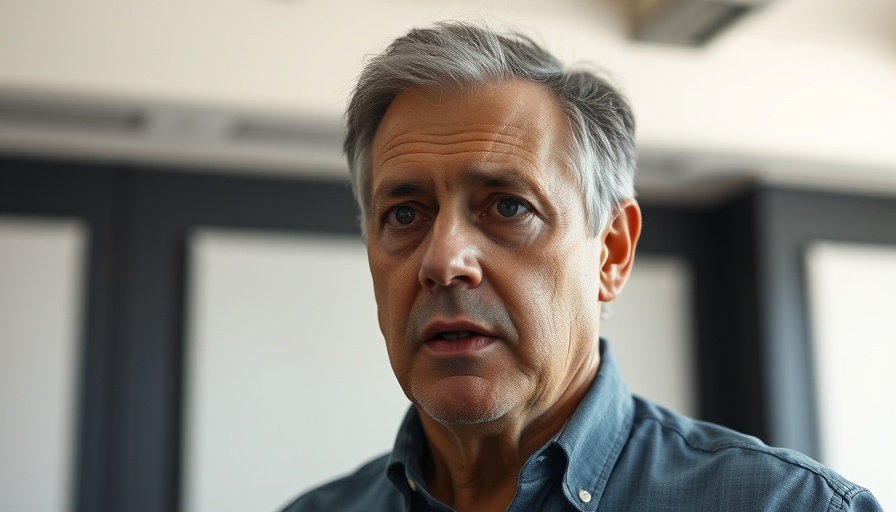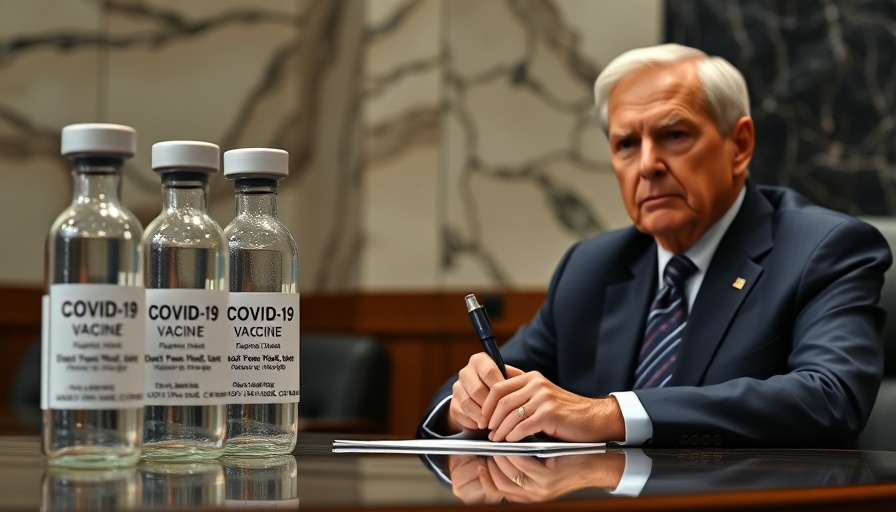
The U.S. Rejects WHO Pandemic Agreement: A Historic Shift in Global Health
The recent decision by the United States to reject the World Health Organization's (WHO) Pandemic Agreement marks a significant chapter in global health diplomacy. The agreement, established to enhance global preparedness for future pandemics, was met with skepticism and criticism from U.S. officials, particularly HHS Secretary Robert F. Kennedy Jr. This rejection underscores the ongoing debates about national sovereignty, public health priorities, and the transparency of international organizations.
Understanding the Controversial Pandemic Agreement
Adopted by the 78th World Health Assembly on May 20, this landmark agreement is designed to standardize global cooperation in pandemic responses. Central to its objectives is a mandate that requires member nations to allocate 20% of their pandemic vaccine and treatment supplies for distribution to lower-income countries. While the goal is noble, critics like Kennedy contend that this approach could perpetuate existing dysfunctions within the WHO.
The Risk to National Sovereignty
One of the most contentious aspects of the WHO Pandemic Agreement is the perceived threat to national sovereignty. As countries are urged to align their public health responses with WHO guidelines, concerns are emerging that local decision-making and medical autonomy might be compromised. Critics worry that such pressures could lead to a circumvention of local governance, eroding the ability of nations to prioritize their own citizens' health needs.
The Role of Transparency in Global Health
A key component of the backlash against the WHO and its latest agreement revolves around transparency. During the COVID-19 pandemic, calls for clearer communication and accountability heightened public distrust towards global health institutions. Critics argue that the WHO has often prioritized political considerations over factual reporting, contributing to misinformation about the origins of the virus. Kennedy’s assertion that the WHO overlooks potential evidence for lab-leak theories exemplifies this distrust.
Funding Challenges Ahead
The U.S. withdrawal from the WHO represents not only a political dispute but also a financial one. The American government’s exit denies the WHO approximately $900 million annually, which could have dire implications for its operations. Observers are particularly concerned that without this funding, the organization's capacity to implement the Pathogen Access and Benefit Sharing (PABS) system — pivotal for equitable treatment distribution — may be severely compromised.
A Pathway to Reform?
With public sentiment increasingly wary of the WHO's effectiveness, there are rising calls for reform in the international health arena. Kennedy has emphasized the necessity of a “reboot” for global health institutions, advocating for a system that prioritizes accountability to citizens rather than corporate interests. The organization's future success hinges on its ability to rebuild trust among member nations by addressing these long-standing issues.
Comparative Perspectives: Learning from Other Global Health Models
Globally, there are several alternative health models that represent different approaches to public health. For instance, countries like Cuba have garnered attention for their robust healthcare systems that emphasize prevention and community-based care. By studying these alternatives, the WHO may glean valuable insights that could guide its approach moving forward. Perhaps a more decentralized model could minimize the fears surrounding national sovereignty and sovereignty over local healthcare responses.
Final Thoughts: What Lies Ahead
The U.S. stance on the WHO Pandemic Agreement is emblematic of a larger trend in international relations marked by skepticism and the reevaluation of global governance structures. As nations navigate these unprecedented circumstances, prioritizing transparency and accountability within organizations like the WHO will be critical. The challenge now is to find a balance that respects national sovereignty while fostering global cooperation, ensuring that future health crises are met with the preparedness they demand.
If you’re interested in being informed about significant health developments and participating in grassroots movements strengthening community health, consider subscribing to our newsletter. Together, we can advocate for greater transparency and accountability in global health, ensuring that our voices are heard.
 Add Row
Add Row  Add
Add 



Write A Comment